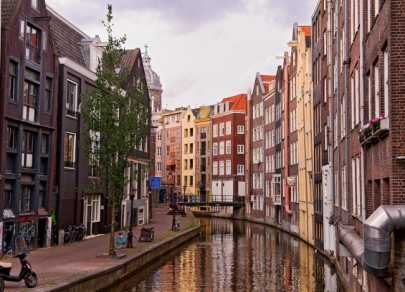FX.co ★ 10 megacities for investments in 2018
10 megacities for investments in 2018
The first place of honor in the ranking is taken by Berlin (4.3 points). It deposed London, which was down to the 27th line after the decision on Brexit. Despite the fact that in Berlin, as in the most expensive city of Germany, there are high real estate prices, the market looks stable, supported by the population growth and business development. Capitalization rates are at a record high now. Nevertheless, investors expect them to grow. This year, 9 billion euros were invested in the real property of Berlin. Looking ahead, it should be noted that more than one city of Germany hit the top 10.
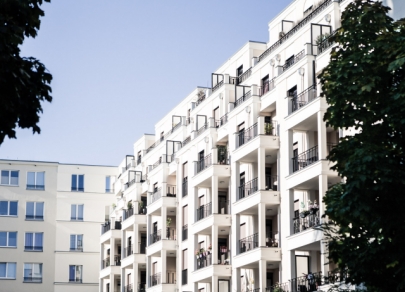
Copenhagen with the evaluation of 4.13 points takes the second place. This is due to low interest rate and growing urbanization. During the current year, investors spent 3 billion euros for purchasing a property in the megacity. Housing property, including housing for students, enjoys great popularity.

The German Frankfurt (4.13 points) shared the second place with Copenhagen. According the association of foreign banks, Germany most benefited from Brexit, in particular Frankfurt, where the increase in the number of jobs within 3000-5000 is planned. Many large financial corporations, such as Citigroup, Morgan Stanley and Nomura Holdings, declared that they had chosen the city as the future head office. There is a growing investment activity in the city. During six months of the current year, real estate transactions exceeded 2,8 billion euros, of which transactions in an amount of 2 billion euros were completed in the second quarter.
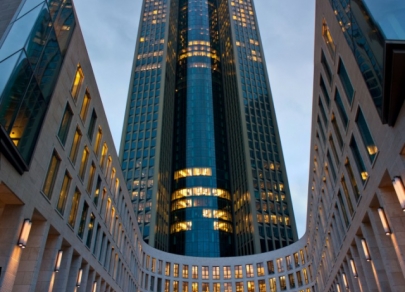
Another German city, included in the top five for investmnets in real property, was Munich. Due to high demand, there are high real estate prices in Munich, as in Berlin. New construction activity is being conducted mainly on the outskirts of the city, since there are almost no vacant plots of land in the center. In doing so, high purchasing power is observed in Munich, because the umemployment rate is low there. This year, 6 billion euros were invested in the real property of Munich.
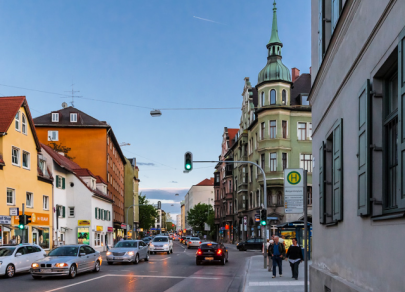
Economists place huge bets on Madrid (4.06 points). Their hopes are tied to the UK's exit from the EU. Rental costs for commercial and residential real estate are growing in the city. As the respondents in the PwC study pointed out, the city had great potential for business development. While it is noted that Catalonia's desire to secede can be a deterrent for investors in the near future. This year, 7 billion euros were invested in the real estate of Madrid.

Hamburg fell from the second line of the 2016-2017 rating to the sixth one in the current list. This is the fourth largest real estate market in Germany (4.07 points). The German asset manager said that Munich and Hamburg were complex markets due to a combination of high rent and low profitability (3.25%). In the first half of 2017, real estate transactions in Hamburg totaled 1,3 billion euros. The rate is 34% lower than in the same period of 2016. However, this is not due to the weakening of demand, but to the supply deficit.
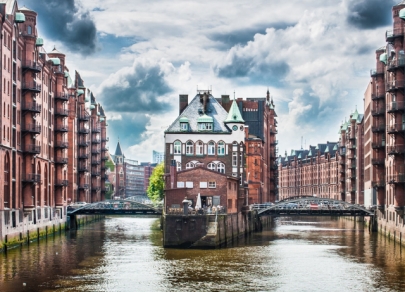
As noted in the study, the real estate market of Dublin (4.02 points) is "close to a full recovery". In response to the crisis, the portrait of buyers has changed: fewer private investors from the US, more money for real estate from institutional investors of France, Switzerland, Germany and Great Britain. The reduction in profitability has already occurred, and futher decline is not expected. The average income from investments in quality offices will be 4.5-5% with a rental rate of an average of 590-645 euros per square metre per year. The city is recognized by investors as a place, stable for income.
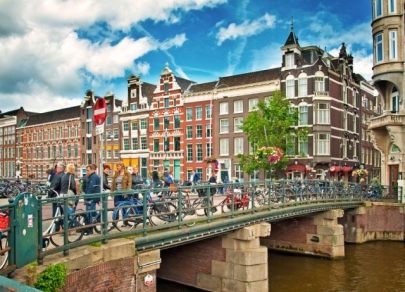
The highest level of investments in infrustructure for Europe is recorded in Stockholm (3.97 pionts). Tram lines and new ring road are being constructed in the city, therefore the urban market dinamics will change. Expanded municipalities around Stockholm are expected to become a serious piece of business for investors, who are ready to invest in offices, shopping centers and logistics. Today, the yield of these segments demonstrates 3.5%, 4% and 5.5%, respectively. Investors compare the city with Seattle and note that Stockholm is developing according to the Silicon Valley model.
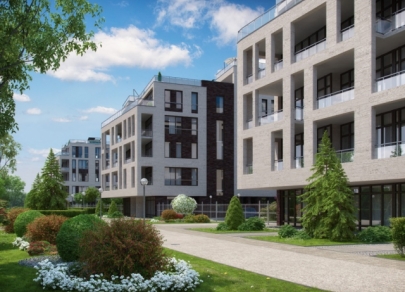
Experts identify Luxembourg as the most attractive alternative to London, where there has been a recent increase of the economy and investments in industrial facilities, data processing centers and logistics. Investors say that the city is a platform for the financial industry. The main risks are related to the lack of infrastructure and affordable housing, as well as the high cost of living, which is beyond the means of more than half a million residents of the city.
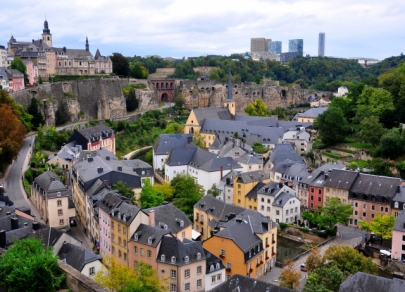
Amsterdam closes the top ten of the attractive cities for investments in 2018 (4.07 points). As an advantage, experts noted a reduction in the oversupply of offices and the rapid growth of rental rates in the city. The real estate of Amsterdam is invested by institutional and private investors from Europe and Asia. They buy out office buildings fast enough. There are great prospects for residential investments, because the city especially lacks social and affordable housing.
